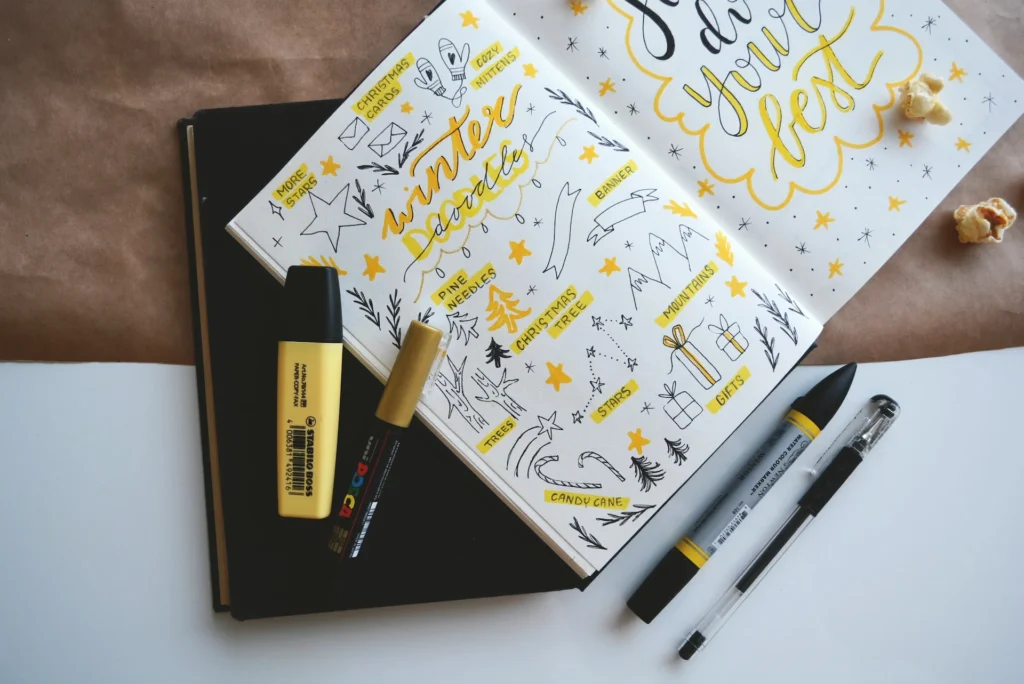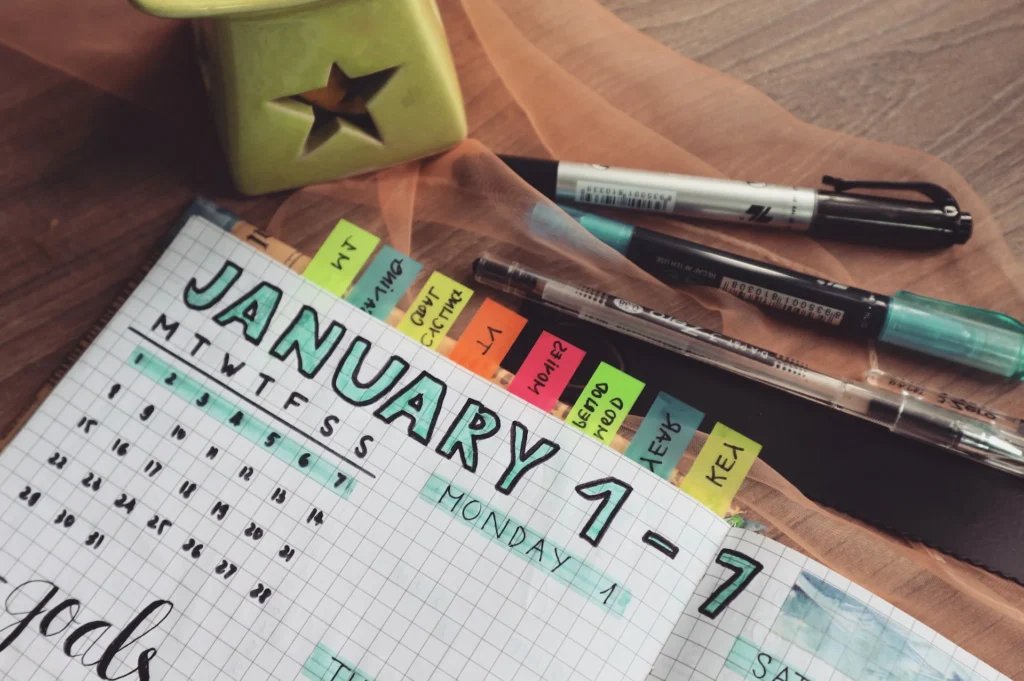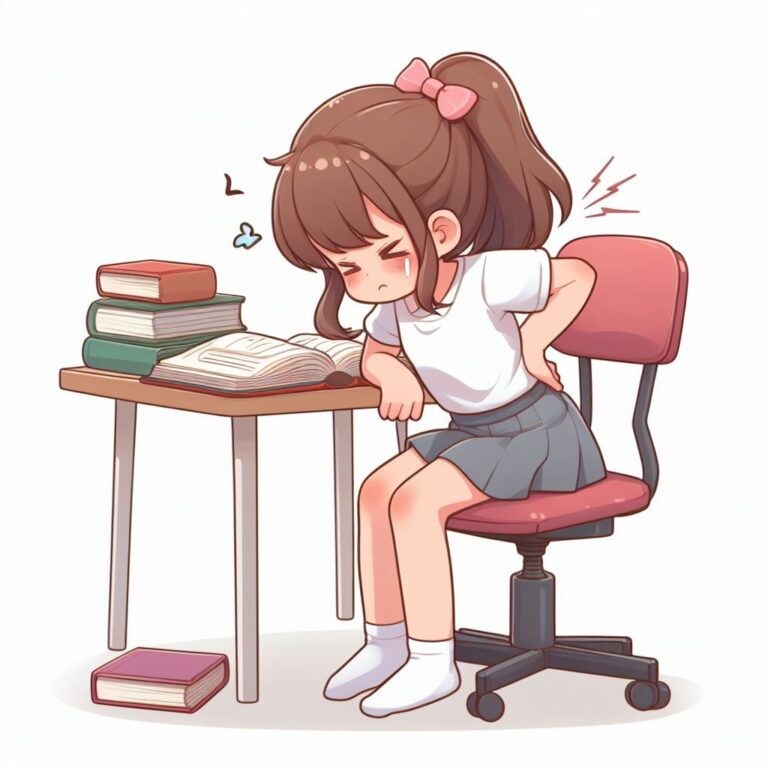Do you love reading books and want to make them more personal and memorable? Do you want to learn how to annotate books for fun and create beautiful and meaningful notes on the pages? If yes, then this is what you might be looking for!
Personally, I love annotating my books. Giving them a unique and colorful look just gives me an amazing out-of-the-world feeling that you can’t feel unless you do it yourself.

What Does It Mean To Annotate A Book?
To annotate a book means to add notes or personal comments in your books. This can be for academic purposes, like studying literary devices, or just for fun! You can annotate books to express your thoughts and interpretations, to highlight unfamiliar words and expressions, to make connections to other things you’ve read, or to deepen your understanding of the text. You can write your notes on the book pages, on sticky notes, on a separate notebook, or on a digital device.
Annotating a book can enrich your reading experience and help you remember and appreciate the book better.
Why Should You Annotate Your Books?
Annotating books is a great way to interact with the text, express your thoughts and feelings, and enhance your comprehension and retention. It can also make your reading experience more enjoyable and satisfying, as you can see your own reflections and insights on the book. Annotating books can also help you develop your own style and aesthetic, as you can use different colors, symbols, stickers, and other tools to make your notes stand out.
In simple words, you should annotate your books because it can help you read actively, remember more, understand better, express yourself, and prepare for discussions.
What Tools Do You Need For Annotating Your Books?
Some of the tools you need for annotating your books are:
- Multicolor Pens: To use different colors for different purposes, such as marking themes, characters, or questions.
- Highlighters: To highlight important passages and make notes in the margins.
- Sticky Notes: To mark specific passages, make notes, or draw diagrams without writing on the book.
- Sticky Tabs: To label the pages with keywords or categories for easy reference.
- Pencils: To erase or modify your annotations if needed.
- A Notebook: To write down your thoughts, summaries, or questions about the book.

Tips For Annotating Books For Fun
Tip 1: Choose a book that you love or want to learn from
The first step to annotating books for fun is to choose a book that you love or want to learn from. This will make your annotation process more enjoyable and meaningful, as you will be more engaged and motivated to read and write on the book. You can choose any genre or topic that interests you, whether it is fiction or non-fiction, romance or thriller, history or science. The important thing is that you have a genuine curiosity and passion for the book.
Tip 2: Decide on your purpose and goal for annotating
The next step is to decide on your purpose and goal for annotating the book. This will help you focus your attention and guide your annotation strategy. For example, you may want to annotate the book for fun, to improve your understanding of the text, to prepare for a class or a discussion, to remember important details or quotes, or to express your opinions or emotions. Depending on your purpose and goal, you may want to annotate more or less or use different methods or techniques.
Tip 3: Use a variety of annotation tools
One of the best ways to make your annotations simple and aesthetic is to use a variety of annotation tools. This will allow you to create different effects and styles, and make your notes more colorful and attractive. Some of the annotation tools that you can use are:
Pens or pencils: You can use pens or pencils of different colors, sizes, and types (such as ballpoint, gel, or fountain) to write on the book. You can also use highlighters or markers to emphasize certain words or phrases.
Sticky notes: You can use sticky notes of different shapes, sizes, and colors to write additional comments or questions on the book. You can also use them to mark important pages or sections that you want to revisit later.
Stickers: You can use stickers of different themes, designs, and characters to decorate your book and add some personality and flair. You can also use them to express your emotions or reactions to the text.
Washi tape: You can use washi tape of different patterns, textures, and widths to create borders, frames, or dividers on the book. You can also use them to cover up mistakes or unwanted marks on the book.
Other tools: You can also use other tools such as stamps, paper clips, bookmarks, ribbons, or charms to embellish your book and make it more unique and special.
Tip 4: Develop a consistent annotation system
Another way to make your annotations simple and aesthetic is to develop a consistent annotation system. This means that you use the same symbols, abbreviations, codes, or colors for the same purposes throughout the book.
For example, you may use a star symbol (*) to mark your favorite passages, a question mark (?) to indicate confusion or curiosity, a plus sign (+) to show agreement or appreciation, or a red color to highlight important facts or concepts. Developing a consistent annotation system will help you organize your thoughts and make your notes easier to understand and review.
Tip 5: Be selective and concise
When annotating books for fun, it is tempting to write everything that comes to your mind on the book. However, this may result in cluttered and messy annotations that are hard to read and follow. Therefore, it is advisable to be selective and concise when annotating books.
This means that you only write what is relevant, significant, or interesting to you and that you use short sentences, phrases, or words to express your ideas. Being selective and concise will help you save space and time, and make your annotations more clear and effective.
Tip 6: Be creative and personal
One of the most fun aspects of annotating books is that you can be creative and personal with your notes. This means that you can use your own voice, style, and perspective to write on the book and that you can experiment with different formats, layouts, and techniques to make your annotations more appealing and original. For example, you can use:
Drawings or doodles: You can use drawings or doodles to illustrate your thoughts or feelings, or to add some humor or charm to your notes. You can draw anything that relates to the text, such as characters, scenes, objects, symbols, or diagrams.

Quotes or references: You can use quotes or references from other sources, such as books, movies, songs, or people, to support or contrast your opinions or interpretations, or to show your connections or inspirations. You can also use quotes or references from the same book to highlight themes or motifs or to show foreshadowing or irony.
Questions or challenges: You can use questions or challenges to stimulate your thinking or curiosity, or to invite further discussion or exploration. You can ask questions or challenges to yourself, to the author, to the characters, or to the readers.
Emojis or emoticons: You can use emojis or emoticons to convey your emotions or reactions to the text, or to add some fun and flair to your notes. You can use emojis or emoticons that are commonly used in texting or social media, such as 😊, 😂, 😍, 😱, 😡, etc.
Tip 7: Be respectful and mindful
While annotating books for fun is a personal and creative activity, it is also important to be respectful and mindful of the book and its author. This means that you should not write anything that is rude, offensive, or inappropriate on the book, and that you should not damage or destroy the book in any way.
You should also be mindful of the purpose and audience of the book, and try to understand and appreciate its message and value. Being respectful and mindful will help you enjoy the book more and learn from it better.
Tip 8: Review and revise your annotations
After you finish annotating a book for fun, it is a good idea to review and revise your annotations. This will help you consolidate your learning and memory, and improve your annotation skills. To review and revise your annotations, you can:
- Reread your annotations and summarize the main points or takeaways from the book.
- Compare your annotations with others who have read the same book, such as friends, classmates, teachers, reviewers, etc., and see if you agree or disagree with them.
- Check for any errors or inconsistencies in your annotations, such as spelling mistakes, grammar errors, unclear symbols, missing information, etc., and correct them.
- Add any new information or insights that you have gained from reading the book or from other sources, such as facts, opinions, questions, etc.
- Remove any unnecessary or irrelevant information or marks that you have made on the book, such as repetitions, distractions, clutter, etc.
Tip 9: Share and celebrate your annotations
One of the best ways to enjoy annotating books for fun is to share and celebrate your annotations with others. This will allow you to express yourself and your love for reading, and to connect and interact with other readers who share your interests. To share and celebrate your annotations, you can:
- Take photos of your annotated books and post them on social media platforms, such as Instagram, Pinterest, Tumblr, etc., and use hashtags or tags to reach more people.
- Join online or offline book clubs or communities where you can discuss your annotated books with other members, and exchange feedback, recommendations, or tips.
- Create a blog or a website where you can showcase your annotated books and write reviews, analyses, or reflections on them.
- Make a scrapbook or a journal where you can collect your annotated books and add other elements, such as photos, stickers, tickets, etc., to make it more personal and memorable.
Tip 10: Have fun and enjoy the process
The most important tip for annotating books for fun is to have fun and enjoy the process. Annotating books is not a chore or a duty, but a hobby and a pleasure. You should not feel pressured or stressed by annotating books, but rather feel relaxed and happy.

You should not follow any strict rules or guidelines for annotating books but rather follow your own preferences and instincts. You should not judge or compare your annotations with others, but rather appreciate and celebrate your own annotations. Annotating books is a way to express yourself and your love for reading and to make your reading experience more fun and rewarding.
FAQ’s
Here are some frequently asked questions about annotating books for fun:
Is it okay to write on books?
It depends on your personal opinion and the type of book. Some people think that writing on books is disrespectful or sacrilegious, while others think that writing on books is respectful or creative. Some types of books are more suitable for writing on than others, such as textbooks, workbooks, or journals, while others are less suitable, such as rare books, library books, or borrowed books.
Ultimately, it is up to you to decide whether you want to write on books or not, and to respect the opinions and preferences of others.
How can I annotate books without writing on them?
If you prefer not to write on books, or if the books are not yours to write on, you can still annotate them without writing on them. Some of the ways that you can annotate books without writing on them are:
- Use sticky notes or index cards to write your notes and stick them on the book pages.
- Use bookmarks or paper clips to mark important pages or sections that you want to remember or revisit.
- Use a separate notebook or a digital device to write your notes and refer to the book pages.
- Use an e-reader or an app that allows you to highlight, comment, or bookmark on the book electronically.
How can I annotate books for school or work?
If you need to annotate books for school or work purposes, such as for studying, writing, or presenting, you may need to follow a different approach than annotating books for fun. Click here to read more about that.
Conclusion
Annotating books for fun is a wonderful hobby that can enrich your reading experience and your life. By following the tips in this article, you can learn how to annotate books for fun in a simple and aesthetic way. You can also discover your own style and preferences for annotating books, and develop your own annotation system and techniques. Annotating books for fun can help you improve your reading skills, express your personality, connect with other readers, and have fun along the way.






